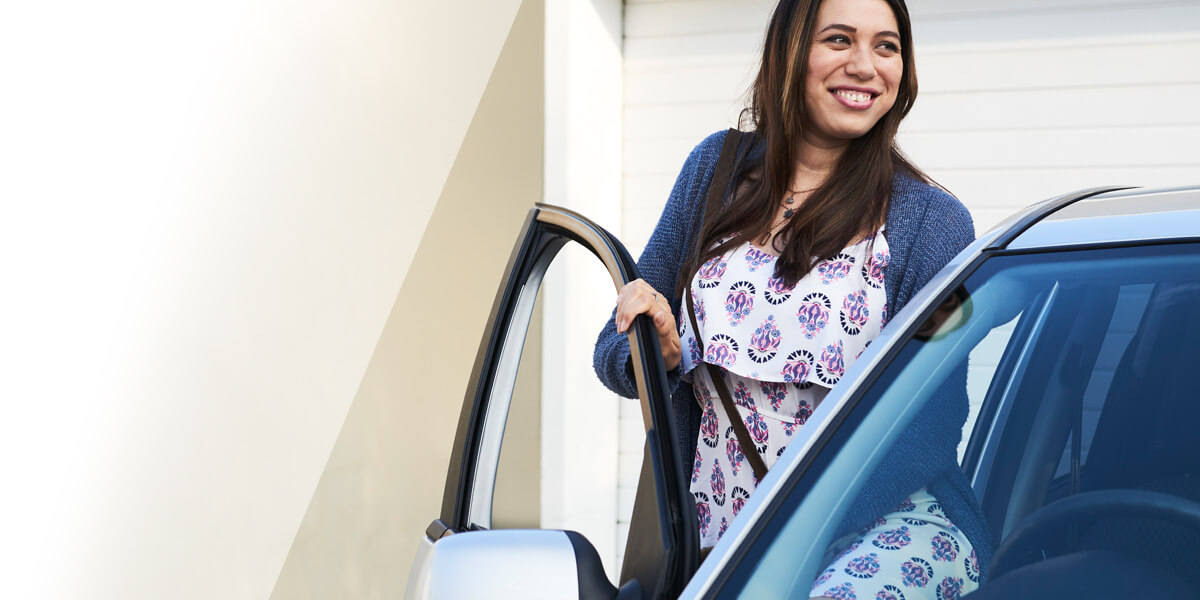Consider carefully before cancelling comprehensive car insurance
When money’s tight people look to reduce expenses, but when considering which costs to cut be careful you don’t make rash decisions with long-term consequences.
It’s always better to try and limit unnecessary lifestyle expenditure rather than costs which could give you some financial security.
Comprehensive car insurance is an example. It’s often considered a grudge purchase, which people are forced to take out when they finance a vehicle. Consequently it’s a cost that they feel justified in cutting, particularly when money’s tight.
It may be tempting to save some money on something you didn’t really want to buy and don’t think you need, but cancelling or not paying the policy because you have a short-term problem could put you in a much worse long-term financial situation.
The reason banks and finance companies insist on you having comprehensive vehicle insurance is that until you’ve paid off the loan, the car belongs to them. This means that if it’s badly damaged, written off in an accident or stolen not only are you without a car, but you still have to pay them whatever is still owing on the finance agreement.
Comprehensive car insurance will cover the cost of repairs or replacing the vehicle. While you’ll still have to pay any outstanding amount on the loan, at least you’ll still have a car to drive. Without it, the cost of repairs or replacement plus the outstanding finance costs could be a major setback, particularly if you need the car to earn an income or get to work.
What’s more, in most cases, cancelling or defaulting on the insurance puts you in breach of the finance contract.
If the finance company discovers what you’ve done, it will enact the asset protection clause that is included in most finance contracts. It can enforce payment to make sure the debt is covered if anything happens to the car. This is not comprehensive insurance and only covers the outstanding debt, so although you will be debt-free you will still not have a car.
Imagine having to pay for accident damage which can run into tens of thousands of rands and still have to pay off your car. Will your budget handle that? Do you have the savings to cover such expenses?
In South Africa we have one of the highest accident rates in the world and a car gets stolen every nine minutes. Consider that before making any hasty decisions which could put your financial future at risk.
